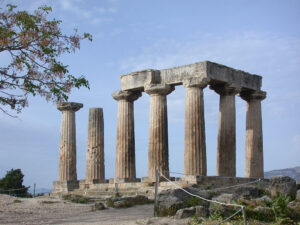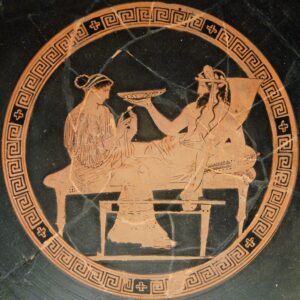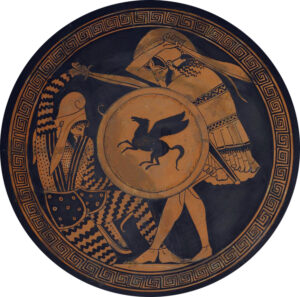
Legacy of Ancient Greece: A Comprehensive Summary
The legacy of ancient Greece can be seen in the impact that the ancient civilization has had on many different topics, such as: philosophy, politics, art, literature, science and religion.
Ancient Greece was a civilization that existed from the 8th century BCE to about the 6th century CE. It consisted of a series of city-states that were located in the southeastern part of Europe on the Greek peninsula. The ancient Greeks made many contributions to the world, including advancements in areas such as art, architecture, politics, philosophy, mathematics, religion, and science. As well, the ancient Greeks also had a rich cultural heritage, as evidenced by their mythology, epic poetry, and dramatic arts. Click below to learn more about the fascinating history of ancient Greece.

The legacy of ancient Greece can be seen in the impact that the ancient civilization has had on many different topics, such as: philosophy, politics, art, literature, science and religion.

Ancient Greek City-States were an important part of the development of ancient Greek society.

The Minoans and Mycenaeans of ancient Greece are important early civilizations in the history of the ancient world. They are important to the overall development of ancient Greece and ancient Greek culture.

Medusa was an interesting figure from ancient Greek mythology. Her myth played an important role in ancient Greek culture and continues to be significant still today.

Hades was an important god in ancient Greek mythology and played an important role in Greek culture.

The Greco-Persian Wars of ancient Greece were important conflicts that impacted the ancient world and the development of ancient Greek culture.